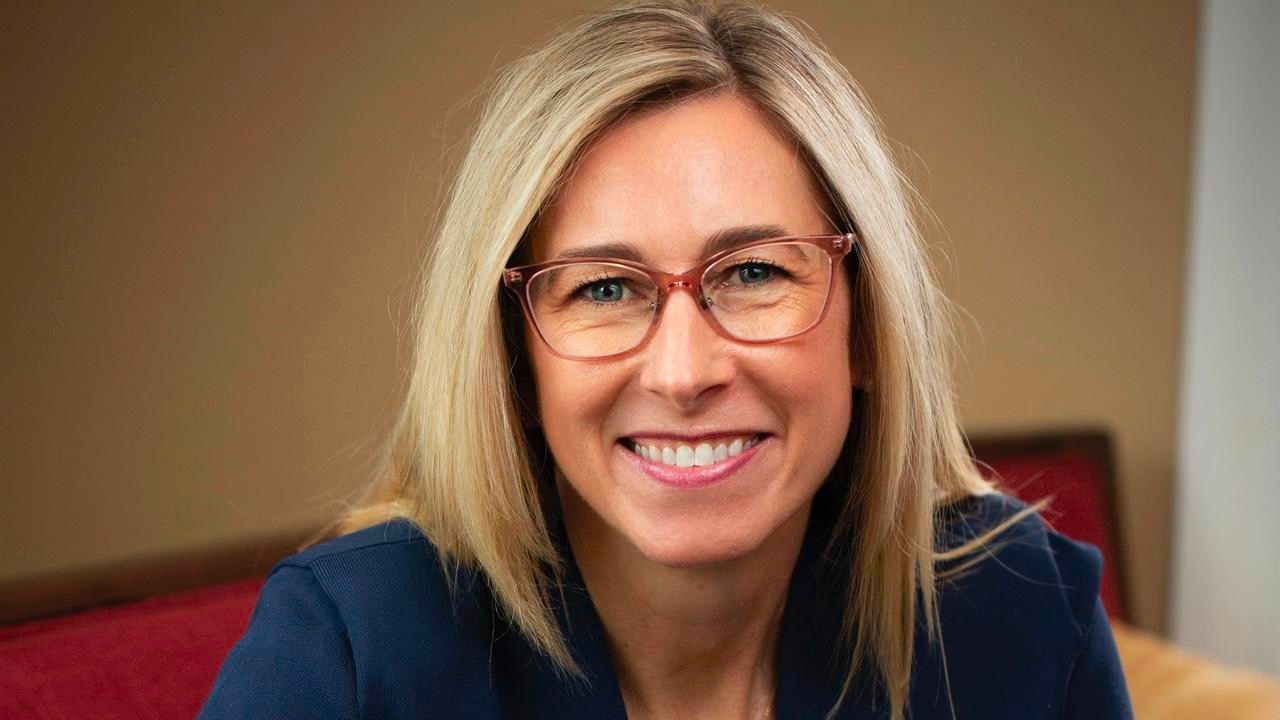
Diving into perfectionism
How many of you in residency feel (felt) that perfection is (was) your standard? Do you recognize the sensation of defeat or inadequacy when you realize you didn’t execute something flawlessly? Do any of you ruminate on constructive feedback as evidence of failure? For those who are parents, do you always feel less than? Maybe you can glean a couple of small tips from my past growth lessons. (I like that word better than failures).
As a married resident with 2 children and a husband who was also in residency, I realized that I quickly had to loosen some standards to survive.
The first one to go was the house.
A perfectly organized and clean home just couldn’t take priority. Cleaning floors, windows, and dusting went to the bottom of the to-do list, which was never completed. We had bare minimum standards: dishes had to be at least rinsed off while awaiting washing, clothes had to be in clothes bins and not on the floor, toilet stayed mostly clean, and usually once every 2-3 weeks, there was a massive laundry marathon. (There may have even been times when my oldest daughter dug for something to wear out of the bins.) We just had to accept this was our temporary lifestyle.
Second, to go was the parenting benchmark.
“No, I’m not baking 48 cookies for the bake sale. Here’s $10.” “Yes, Jennie’s mom is awesome for making all the Power-Puff Girl cupcakes.” For class parties, I was quick to sign up for the paper plates and paper towels. And lunch? Well, school hot lunch was $1.25. When my daughter demanded taking lunch, I showed her where the kitchen was – she was in 1st grade. I kept the money out for her, but that child made her own PB&J every day for years. For dinner, one or both of us sat down with the kids and ate something that resembled a meal. Occasionally, though, we had to declare “Fun Supper Night,” which meant everyone could dig in the pantry on their own and eat anything that has some kind of nutritional value (loosely defined). We always did homework, bath, and tuck-in. Those, we decided, were our baseline standards. Don’t worry; our kids turned out to be well-adjusted young adults and have many fond memories of their childhood.
Unfortunately, the loosening of standards at work remained for decades.
Like many physicians, when I aimed for excellence, I meant perfection. As an example of where perfection can lead, take my surgery rotation. Normally, the surgery teams each had a surgery intern; the family medicine intern was extra. I, however, due to some complications, was the solo trauma surgery intern in a level 1 trauma center on the trauma surgery team. I was not going to let that team down, or the specialty of family medicine, for that matter. I have never worked on less sleep, crammed in more reading, did more scut work, or volunteered for more procedures. There may have been a minor breakdown involving the chief bringing me orange juice in the casting closet after a 72-hour call ending with a total of 36 patients, 14 in the SICU. (Yes, this was pre-humane work hours). Perfectionism and people-pleasing were driving me toward a downward spiral. Thankfully, that rotation only lasted one month. God bless surgeons.
The desire to do everything perfectly led to constant striving, never resting, and the inability to process constructive feedback without labeling myself as a failure. Perfection was an unhealthy and unreasonable expectation I carried for years, and it caused me a lot of unnecessary suffering. It was likely highly predictable that when I took perfectionism with me into full-spectrum family medicine academics wearing all the hats, burnout was inevitable. After a time of recovering, I attended the first Brave Enough conference. I was shocked to hear the speaker say, “B- work is okay, stop shooting for A+ work.” A few years earlier, I likely would have decried blasphemy. But it gave me pause, and I began to slowly accept that I was human. And, like all humans, I can never be perfect. I learned to exercise self-compassion.
My experience of almost everything is much more rewarding without having unrealistic expectations of myself.
Recognizing and labeling perfectionism allows for awareness and gives you a choice. Do you want to continue to indulge in it? Or, do you want to lower your standards to human levels and practice self-compassion?
You can still strive for mastery and excellence. You can appreciate the growth you've had even though you still haven't mastered a skill or a knowlege set. It does not have to be an all-or-nothing situation like a lightswitch - on and I'm perfect and off and I'm a failure or mediocre. Put that effort on a dial - dial it up and down based on the task at hand and your own bandwidth. Test out dialing it down in low stakes tasks - the email or the power point for example. Sit with the discomfort but notice the benefits. Grow into your new approach and lose the unrealistic ideal standards.
Training is hard enough. Give yourself grace when you make a mistake. Learn from it and move on. Take the constructive feedback as opportunities to grow, not as evidence of inadequacy. The circumstances won’t change, but your experience will greatly improve.
Have a joy-filled day,
Tonya
Want to know more about how coaching can help you or your program? Learn more
Join Weekend Reads
Weekly insights, tips, and tools for physicians who want to thrive—plus a dash of fun.
We hate SPAM. We will never sell your information, for any reason.

